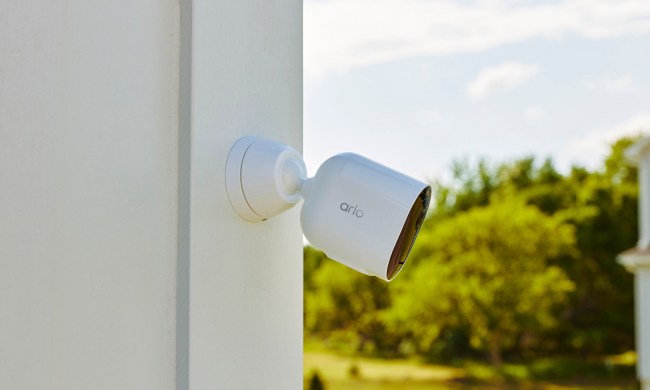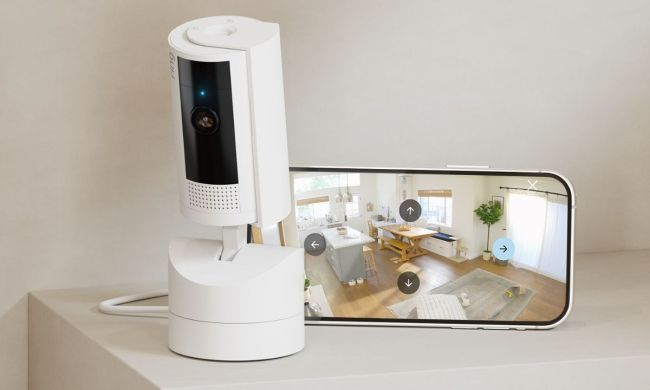Security video doorbell maker Ring hasn’t been able to escape being placed under the microscope for some of its dealings, and the scrutiny won’t slow down with this latest development. While the adoption of Ring’s video doorbells opened the door to many wonderful things for homeowners, it also became a tool for law enforcement departments to digitally patrol local communities — an act that some consider too intrusive. Some may question the company’s strategies, but Ring’s recent decision to partner with more than 400 different police agencies has once more brought many of those fears to the surface.
Ring users have access to a pseudo-social network called Neighbors which allows them to share footage from their smart cameras. The feed shows everything from official police reports to footage of suspicious visitors and package thefts. Some customers even use the service to report lost pets. Users remain anonymous when they share footage, but faces aren’t blurred in the clips. An extension of the Neighbors feed called Neighbors Portal allows police agencies to engage with their local community, a service which (at the time of writing) 405 different police forces take advantage of.
Police forces can request video recorded by a homeowner’s devices within a specific date and time range. Homeowners receive these requests via email and can either accept or decline the request. According to an article in The Washington Post, Ring says “it would not provide user footage in response to a subpoena but would comply if company officials were presented with a search warrant or thought they had a legal obligation to produce the content.”
Users give Ring permission to “access, use, preserve, and/or disclose your User Recordings and Shared Content” when they agree to the terms of service. This ultimately means users have no real control over their video footage; Ring can hold onto footage even after a user has deleted it if the company feels the need to do so. Even if a customer does not want to share footage with police, Ring can circumvent the decision if given a court order.
Customers who don’t wish to cooperate with law enforcement agencies in these manners have no recourse except to use a different service. The partnership with police agencies is centered mostly around major metropolitan areas, but smaller regions may also have agreements with local police agencies. You can view a full Neighbors Law Enforcement map on Ring’s blog post explaining the partnership.



